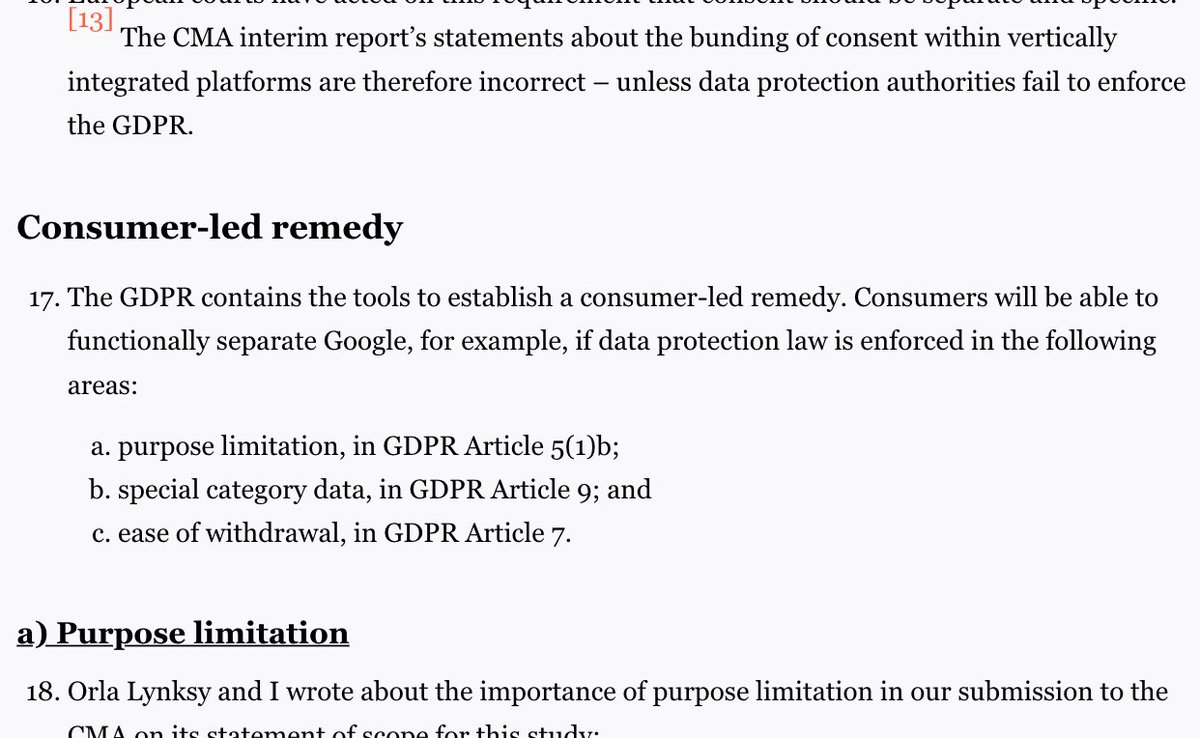
We are going to court. Our lawsuit takes aim at Google, Facebook, Amazon, Twitter, Verizon, AT&T and the entire online advertising/tracking industry by challenging industry rules set by IAB TechLab. @ICCLtweet iccl.ie/rtb-june-2021/
The online advertising industry causes the world's biggest data breach. We are going to court to stop it. iccl.ie/rtb-june-2021/
Our evidence includes the “IAB Audience Taxonomy”, the data broker industry rulebook that specifies what can be in companies hidden dossiers about you: Your health problems, your debt...
iccl.ie/rtb-june-2021/
Video: a peek inside the system building secret dossiers about you.
iccl.ie/rtb-june-2021/
Video: a peek inside the system building secret dossiers about you.
The ad industry uses bad rules set by IAB TechLab (members include big tech (Google, Facebook, Amazon...) data brokers (Equifax, Experian, Acxiom...), agencies...
It is headquartered in NYC, but we are going to court in Hamburg to hold it to account under the GDPR. @peterhense
It is headquartered in NYC, but we are going to court in Hamburg to hold it to account under the GDPR. @peterhense
Story this morning from @zsk at BBC bbc.com/news/technolog…
Die Zeit's @AnKaNez covers it in German here zeit.de/digital/datens…
@peterhense Online advertising industry broadcasts our personal data, rather than protecting it.
But the GDPR is clear: personal data must be protected.
Here's @RaviNa1k of @A__W______O who has worked with me over the last three years leading up to this case.
But the GDPR is clear: personal data must be protected.
Here's @RaviNa1k of @A__W______O who has worked with me over the last three years leading up to this case.
Also today, @ICCLtweet joined the European Parliament's "Tracking-Free Ads Coalition". See statement from @paultang 

https://twitter.com/paultang/status/1405079570102034438?s=20


I spoke with @TechCrunch @riptari about our @ICCLtweet lawsuit against the privacy crisis in online advertising, and how, after three years, #GDPR enforcers have failed to take any action to end the biggest data breach ever recorded.
techcrunch.com/2021/06/16/adt…
techcrunch.com/2021/06/16/adt…
• • •
Missing some Tweet in this thread? You can try to
force a refresh








